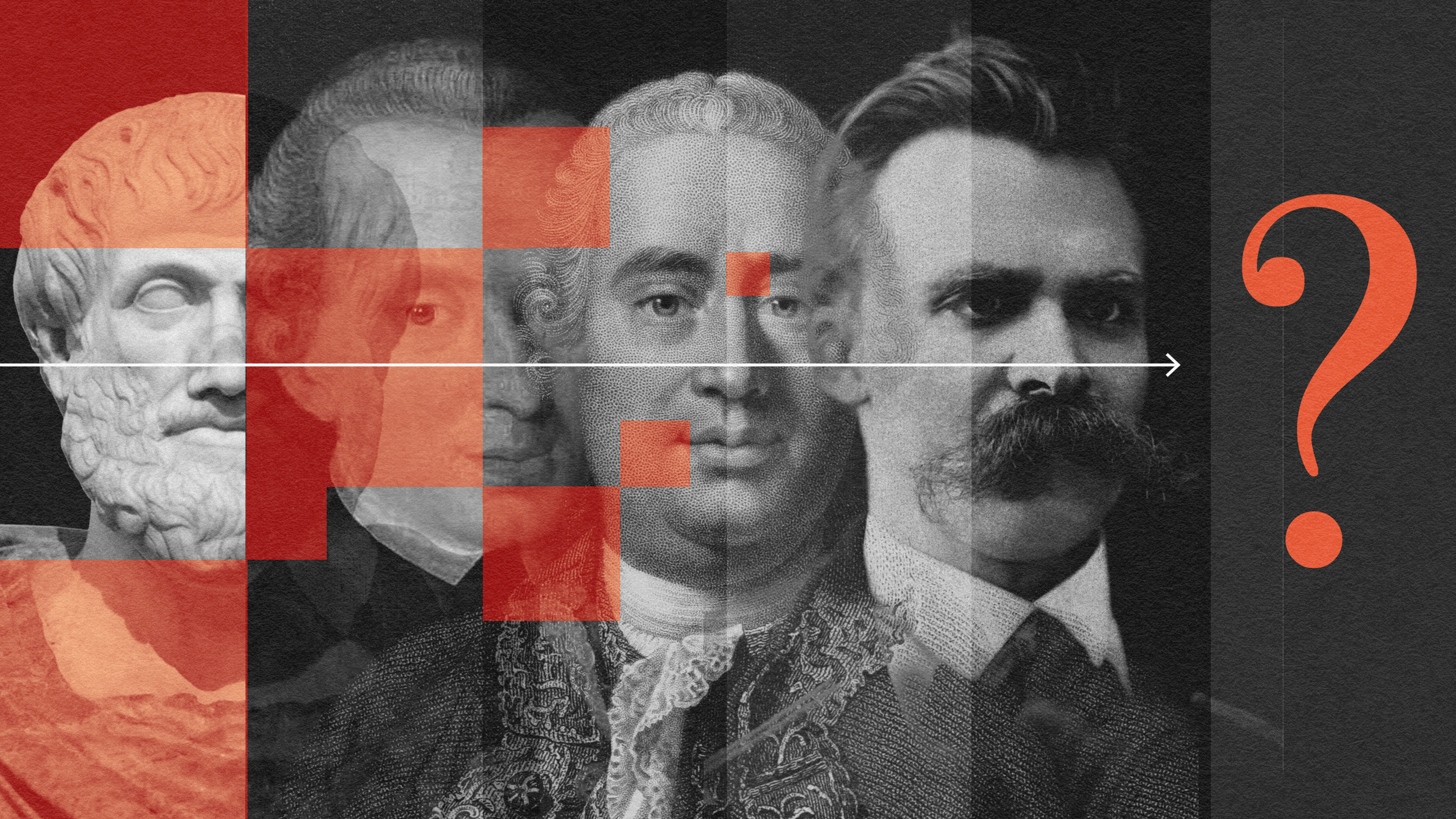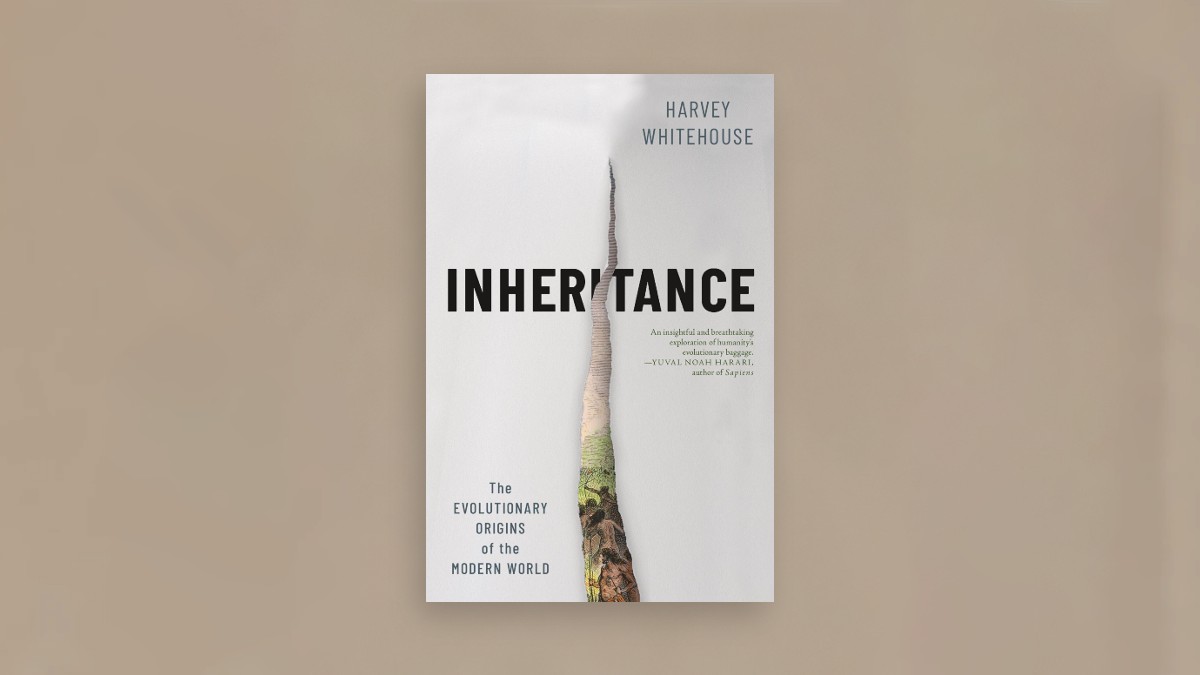Philosophy=Science+Humanities (and a Little More): The Case of David Brooks’ SOCIAL ANIMAL

So obviously the division of human inquiry into the sciences and the humanities is ridiculous. Reality, after all, is one.
The opinion of scientists tends to be that they’re all over the facts, and the humanities are all about pretentious emoting (called “values”). The strongest evidence for this scientific conclusion might be found in various college majors ending in “studies” (women’s studies etc.), where higher education seems to be all about the self-affirmation and whining connected with “identity politics.”
The strongest argument for the “humanities” is the one traditionally associated with the poets (beginning, maybe, with Aristophanes’ funny and deep criticism of the natural scientist Socrates). The natural scientists are self-forgetful. Their inquiries into subhuman phenomena abstract from the human difference, from the self-conscious mortal moved by love (especially personal love) and death (meaning personal death). So the physicist (the young Socrates or even the young Einstein) may think he understands everything about the whole natural or physical world, but he doesn’t know much at all about himself. The physicist understands everything but the physicist–that personal being who’s more than a rational mind or a measurable body or even some incoherent mixture of the two.
The poets (including Aristophanes—but also, of course, all those self-described postmodern guys) also say that the human world is a “social” or poetic construction. The order we experience is created, not by God, but by the most creative of men (and women). So even the significance we give to science is a “social construction,” as is our “logocentric” Western world.
The study of human “values” is the study of the only reality relevant to us than we can realy know. That value-laden world seems arbitrary and even unreal from a scientific view, but that’s only because scientists are methodically forbidden as scientists from thinking personally and relationally. What the scientists know is a subhuman world indifferent to our very being, and that’s why they can’t tell us what we most need to know about ourselves.
A true science, of course, would incorporate what’s true about what we now call the scientific insight about reality and what we now call the humanistic one. And that comprehensive view, traditionally, has been provided for us by the philosophers and theologians. It’s only lately, after all, that philosophy and science have been understood as separate disciplines, and that separation hasn’t been good for either philosophers or scientists who are really about understanding who we are.
The hugely talented popularizing writer David Brooks has, in most of his books, taken his bearings primarily from soft or rather humanistic social science and some of the political philosophy he learned at the University of Chicago. Now, he writes as a popularizer of the recent discoveries of cognitive science. His authority, he now says, IS that science. Brooks thinks he’s gotten better, but Benjamin Storey (in fabulous review of Brooks’ The Social Animal) explains that he may have gotten worse:
Can there really be a science of love, happiness, and nobility — the distinctly human concerns to which The Social Animal purports tospeak? Can science really address the question of our origin, our end, and our place in the whole without which any knowledge of ourselves would be radically incomplete?
…we need to look at the scientific findings Brooks reports in The Social Animal from a perspective that does not take the authority of science for granted and is open to aspects of human experience that might be invisible to a methodical science bent on identifying the efficient causes of things.
Let us begin with love. When Harold and Erica first fall in love, Brooks invites us to look “inside Harold’s brain” to see love as it appears to the eye of the cognitive scientist. One method scientists use to understand love is to put a patient in a brain scanner, show the patient a photo of his or her beloved, and watch which areas of the brain “light up” in response to this stimulus. Such a method might tell us something, but its understanding of love will plainly be partial: any halfway-competent Don Juan knows that love loves a beach, a bottle of wine, and a sunset. One’s ardor might be dampened by the syringes, medical scrubs, and electrodes of the laboratory, distorting the very phenomenon the scientist seeks to study. Experimental science that seeks quantifiable results can perhaps grasp those aspects of an experience such as love that will submit to the apparatus of experimentation and permit of quantification, but the rest of that experience, and in particular the whole of that experience, will remain the domain of philosophers and poets.
Next, consider happiness. Brooks cites extensively from social-scientific happiness research, which is conducted “mostly by asking people if they are happy and then correlating their answers with other features of their lives.” Brooks acknowledges that this method “seems flimsy,” but argues that its results are “surprisingly stable and reliable.” The stability of the results, however, does not address the fundamental flimsiness of the method in question: the problem is not that one cannot establish a stable pattern of correlation between self-reported happiness and other aspects of life. The problem is the difficulty of measuring the correlation between self-reported happiness and actual happiness: the willingness to call oneself happy when asked by a researcher could be as much a sign of self-deception, vanity, or vapidity as it is of actual happiness. And to speak accurately of one’s own happiness, one would have to know what happiness is. As Brooks admits, this is “a subject of fierce debate among the experts,” which is no surprise, because any answer to the question of happiness depends on comprehensive reflection on the whole of human experience and aspiration, such as one finds in Aristotle’s Nicomachean Ethics. Such reflection may be the work of a lifetime.
With respect to nobility, Brooks speaks to the distinctly human concern with the noble in a fascinating passage on thumos, the ancient Greek word for “spiritedness,” which he uses in the broader meaning of “ambition” — as he puts it, “the desire to have people recognize your existence, not only now but for all time.” Brooks is clearly cognizant of the power of thumos for explaining human behavior, but has little to say about the explosive question upon which the notion of thumos opens, as Socrates pointed out long ago: What should we recognize? What deserves to be celebrated as human virtue so excellent that it should never be forgotten? What, in short, truly deserves to be called noble? Is it the warrior’s courage and martial prowess? The statesman’s capacity for superintending the political whole and leading it to greatness? Or is it the philosopher’s unstinting dedication to understanding the truth about justice, human nature, and happiness, and his willingness to live in the light of that truth? On the questions of what human activities are most worthy of respect, of which human exemplars should command our admiration and emulation, cognitive research is necessarily silent. While it might find some way to analyze respect — perhaps scanning our brains while we look at photos of Lincoln — when it comes to deciding what is respectable, the question is unintelligible from the point of view of the necessary relations of cause and effect which science studies.
Finally, we must consider a curious lacuna in The Social Animal: the question of our place in the whole. Brooks occasionally refers to evolutionary explanations for our preferences and predilections. For example, he notes that “evolutionary psychologists argue that people everywhere prefer paintings that correspond to the African savanna, where humanity emerged.” He has little to say, however, about the mechanism thought to be at the root of evolution itself: a brutal struggle for genetic survival — “Nature, red in tooth and claw,” in Tennyson’s words. If that is the fundamental truth of our being, then happiness, so central to Brooks’s argument, is a delusion: nature makes us what we are and it wants the species to evolve, without the slightest concern for the happiness of individuals.
Each of these considerations deserves extensive discussion, which will come in my next post. I will also cover Storey’s vindication of Brooks as knowing more than the scientists do, despite his protestations otherwise.





